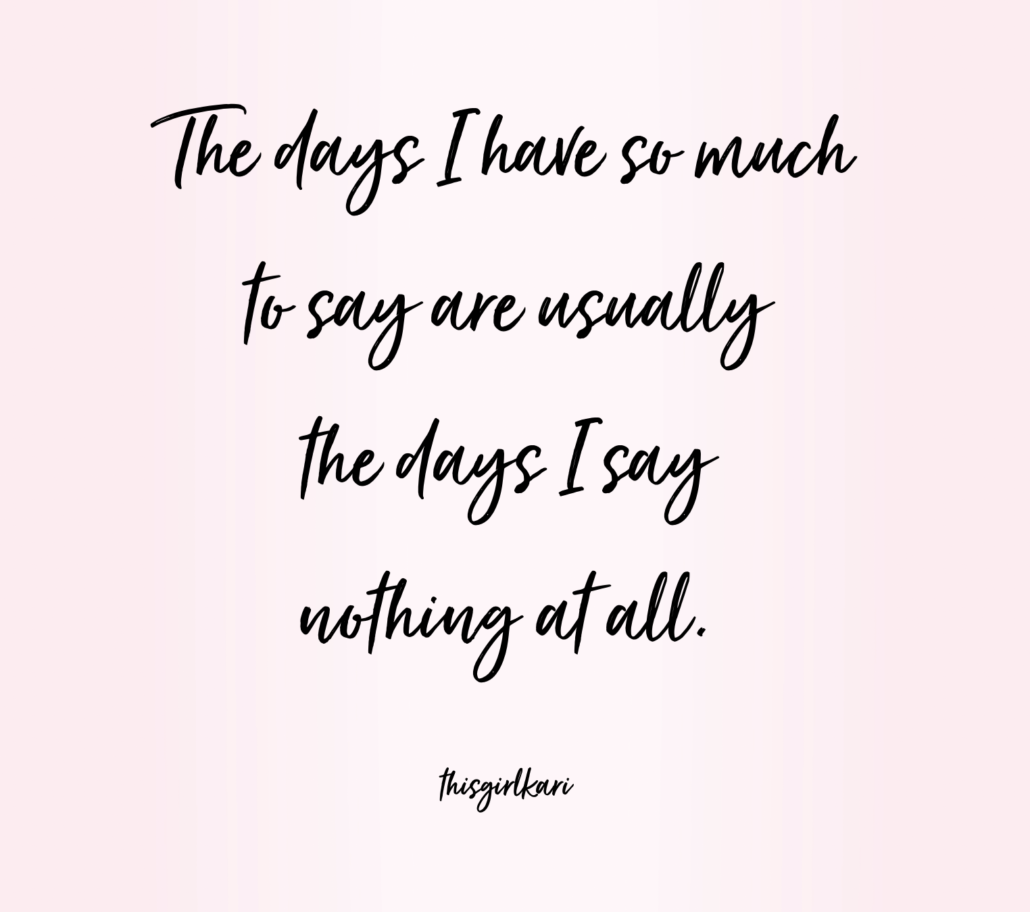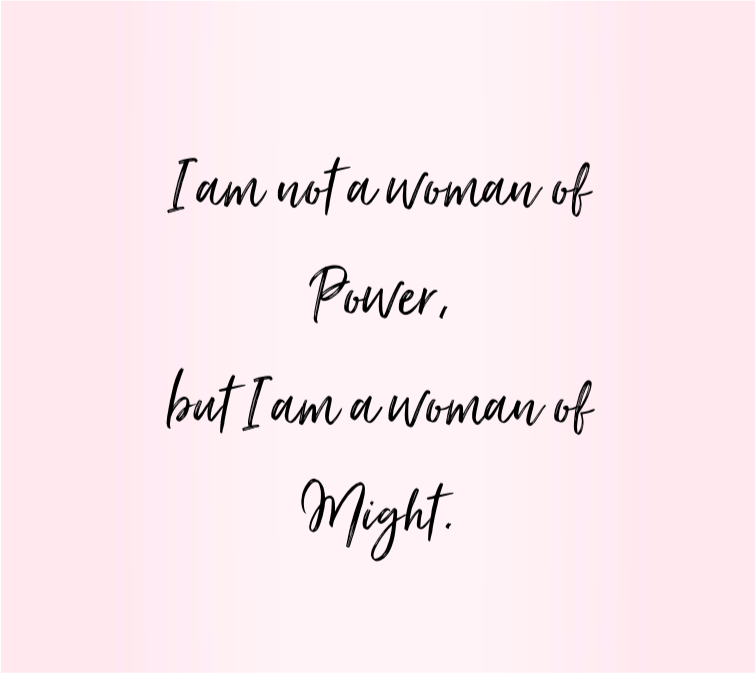
https://thisgirlkari.com/wp-content/uploads/2022/10/FINE.png
1350
1524
Kari Woodall
https://thisgirlkari.com/wp-content/uploads/2018/02/this-girl-kari-logo.png
Kari Woodall2022-10-16 16:17:552022-10-16 16:17:56FINE
https://thisgirlkari.com/wp-content/uploads/2018/02/this-girl-kari-logo.png
0
0
thisgirlkari
https://thisgirlkari.com/wp-content/uploads/2018/02/this-girl-kari-logo.png
thisgirlkari2021-04-03 13:37:582021-04-03 13:52:40ON THIS DAY >>
https://thisgirlkari.com/wp-content/uploads/2020/09/EBA6ECD1-3BC5-4988-BBFC-8D725E1945EC.jpeg
1536
2048
thisgirlkari
https://thisgirlkari.com/wp-content/uploads/2018/02/this-girl-kari-logo.png
thisgirlkari2020-12-21 02:29:292020-12-21 02:29:30VRATA >>
https://thisgirlkari.com/wp-content/uploads/2020/08/BE14BB27-7C78-46B5-A8F8-ADB29E4A5E7C-scaled-e1597343860627.jpeg
2297
1920
thisgirlkari
https://thisgirlkari.com/wp-content/uploads/2018/02/this-girl-kari-logo.png
thisgirlkari2020-08-13 13:25:232020-08-16 12:40:34Finesse The Float >>
https://thisgirlkari.com/wp-content/uploads/2019/06/Remain_oprah.png
669
752
thisgirlkari
https://thisgirlkari.com/wp-content/uploads/2018/02/this-girl-kari-logo.png
thisgirlkari2019-06-09 11:08:062019-06-10 16:02:54GROWING INTO ME >>
https://thisgirlkari.com/wp-content/uploads/2019/04/might.png
675
755
thisgirlkari
https://thisgirlkari.com/wp-content/uploads/2018/02/this-girl-kari-logo.png
thisgirlkari2019-04-29 21:15:412019-04-30 07:20:41I AM A WOMAN>>







